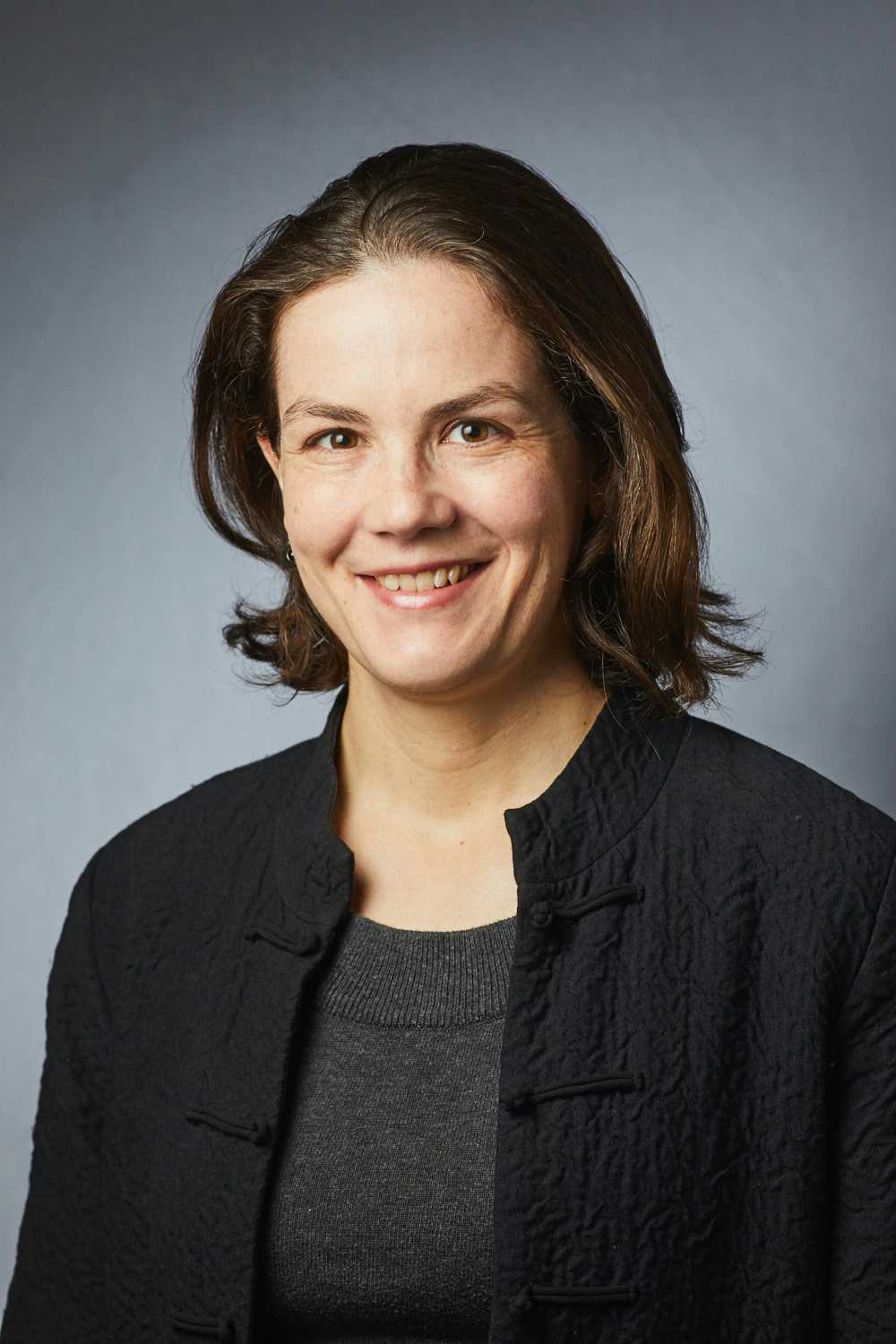
How Is Diabetes Diagnosed and Treated?
Diabetes has nearly become an epidemic, both in the US and around the world. This metabolic disorder interferes with the way the body processes energy and affects more than 30 million Americans. That’s approximately one person out of every ten.
Type 1 and Type 2:
Do you know the difference between type 1 diabetes (once called juvenile onset diabetes) and type 2 diabetes (once considered solely an adult’s or older person’s condition)? When sugar can’t get into the cells, the tissues react as if they are starving. That may happen even when there is a lot of sugar in the bloodstream. The cells require insulin to chaperone sugar in. If it is absent (type 1) or if they have stopped responding to it (type 2), the consequence is an energy crisis.
How Is Diabetes Diagnosed?
One way doctors diagnose diabetes is through an oral glucose tolerance test. A fasting person drinks a known dose of glucose. Over the next two hours, blood sugar is measured at prescribed intervals. This is an accurate way to evaluate diabetes, but it is time-consuming and cumbersome.
The most common diagnostic test physicians utilize is known as the glycosylated hemoglobin test, abbreviated HbA1c. This is preferable to a single measurement of blood sugar because it gives a snapshot of glucose levels in the blood over the past several weeks. It is far more convenient than the oral glucose tolerance test, though it may not be quite as accurate.
How Diabetes Is Treated:
For people who have diabetes, the HbA1c can offer a helpful measurement of how well they are controlling their blood sugar overall. Doctors have long encouraged patients to get this number as low as possible. However, they are now starting to re-think that advice. First, it may encourage people to obsess about what they eat. More importantly, though, it can expose people with diabetes to episodes of low blood sugar (hypoglycemia). This complication can be especially dangerous for older individuals.
Research such as the ACCORD trials produced startling results: instead of people thriving as the measures of blood sugar control, cholesterol and blood pressure dropped, they did less well. Have these studies changed the way doctors treat diabetes?
Are Older People Being Overtreated for Diabetes?
Aging may reduce physiological resilience. As a consequence, when older people have an episode of lower-than-average blood sugar, they may become dizzy or even fall. In some cases, this could have catastrophic consequences. Moreover, when older people suffer symptoms of hypoglycemia, medical personnel could mistake these for a transient ischemic attack (TIA), a precursor to a stroke. In response, some diabetes experts try just as hard to prevent low blood sugar as high blood sugar in their older patients.
Why Do Some Patients Ration Their Insulin?
Insulin is a life-saving medication for anyone with type 1 diabetes and for some of those with type 2 diabetes. It’s not “nice to have” but rather “must have.” Yet the price of insulin has been skyrocketing. Many people with diabetes find they cannot afford the insulin they must have and cut back on how much they use, putting their health and even their lives at risk. Our guest, Dr. Kasia Lipska, testified to Congress about these risks.
Find out how diabetes is diagnosed and treated. How can people with this condition live as healthy a life as possible?
This Week’s Guest:
Kasia Lipska, MD, MHS, is Assistant Professor of Medicine (Endocrinology) at the Yale School of Medicine and a Clinical Investigator at the Yale-New Haven Hospital Center for Outcomes Research and Evaluation (CORE).
Listen to the Podcast:
The podcast of this program will be available the Monday after the broadcast date. The show can be streamed online from this site and podcasts can be downloaded for free.

